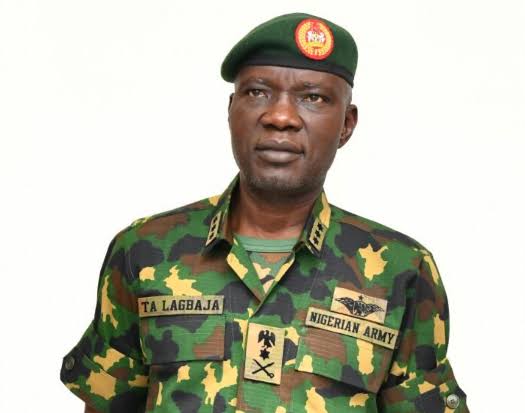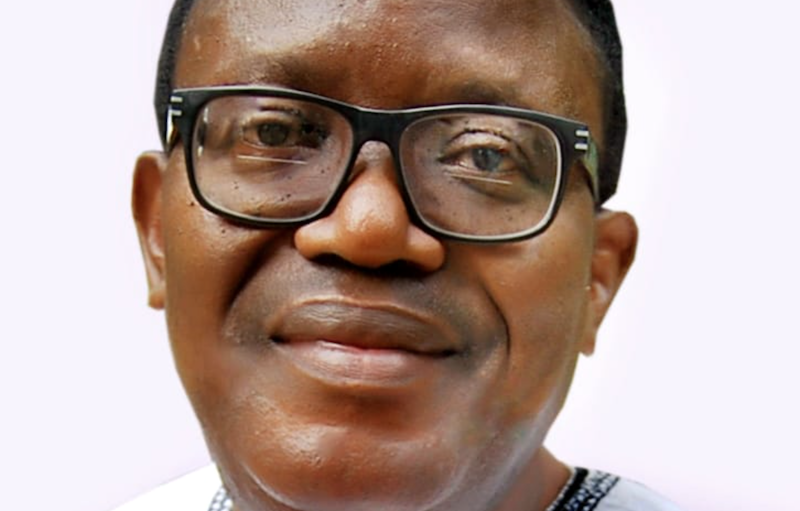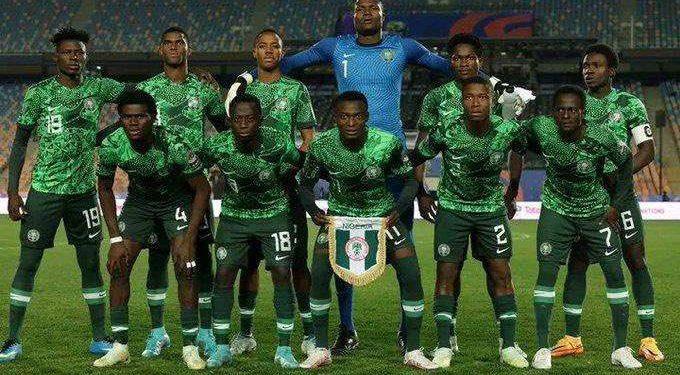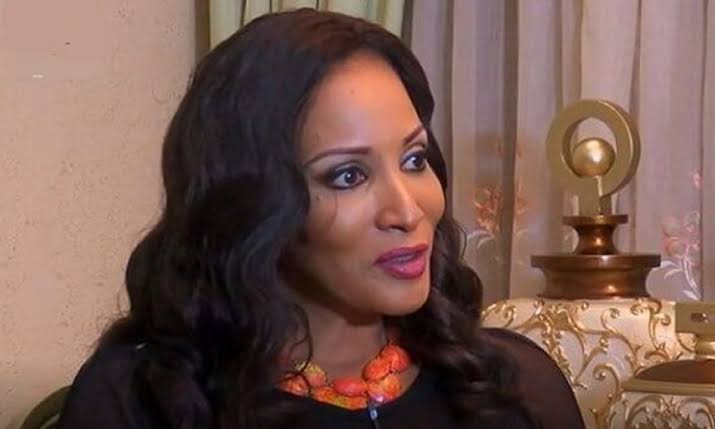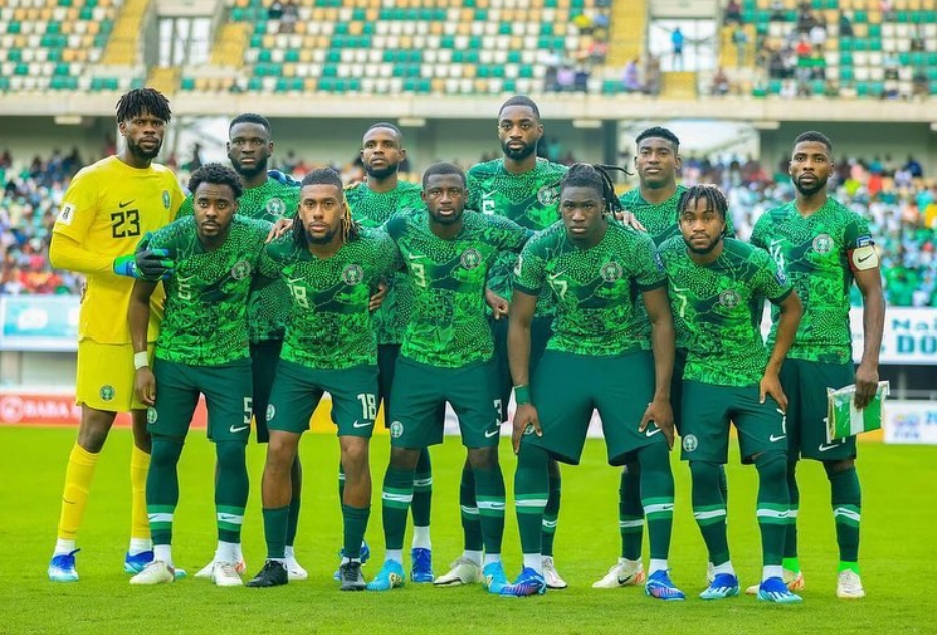It was a triumphant occasion. The venue was the Muhammadu Buhari Cantonment, Giri, Abuja. The joyous occasion was the destruction of over 2,400 illicit arms. The chief celebrant was the National Centre for the Control of Small Arms and Light Weapons,NCCSALW. The five-star guests included the Chief of Defence Staff, General Christopher Musa, members of the National Assembly, representatives of the service chiefs, heads of other security agencies and top military brass.
The man given the honour to set fire on the arms, was the National Security Adviser, NSA, Malam Nuhu Ribadu. He waxed lyrical as he carried out this task. However, his claims that soldiers and policemen were selling arms to terrorists, bandits and criminals, were within days, challenged by the Defence Headquarters.
It is incredible that a security-challenged and financially-strapped country that needs weapons to defend its citizenry and territory, would destroy the arms in its possession. The weapons destroyed on this occasion are enough to arm over two battalions.
Even if the argument were that the destroyed arms are not standard issue in the Nigerian military, they should have been given to other security forces like the Civilian Multination Joint Task Force, JTF, which has been battling Islamic terrorists in the North-East. There are also the militia established by state governments which need arms to combat the bandits rampaging across the country.
As General Musa complained, even when our-debt-crippled country was able to raise the funds to buy weapons, our Western suppliers are sometimes unwilling to sell us arms for various reasons. He had lamented that: “Even with our money, it is difficult getting (military) equipment.” The Defence Chief claimed that the: “The Nigerian Armed Forces can secure Nigeria (and) the entire region”, but that the lack of needed weapons limits its capacity to do so. So how come a General with such knowledge find it comfortable to sit at an occasion thousands of arms are being destroyed?
Denying Nigeria the freedom to purchase arms even after raising the necessary funds, is not new. During the 1967-1970 Nigeria Civil War, the West refused to sell us the arms necessary to keep the country as a single entity.
Even when in our current war against terrorists and other criminals, we were desperately in need of arms, many countries refused to sell us weapons. It became so frustrating that the Jonathan administration tried to bypass countries by procuring cash and, flying around the world trying to buy weapons directly from manufacturers and suppliers.
On September 5, 2014, South African security at the Lanseria International Airport, Johannesburg, seized an invoice for helicopters and armaments intended for Nigeria, along with our $9.3 million cash for the intended purchase. About three weeks later, the South Africans seized another $5.7 million arms money from Nigeria.
So, given our experience and the fact that there are countries unwilling to sell us weapons, does it make sense for our security chiefs to destroy weapons in their custody?
Yes, the Director General of the Centre, retired DIG of Police, Johnson Kokumo, said the destroyed weapons comprised a mix of unserviceable, decommissioned and recovered arms that had been mopped up by security agencies across the country, but he also hinted that the next batch of weapons to be destroyed would be brand new ones.
He told the press that the National Centre has in its custody some seized weapons undergoing tracing, investigations and legal processes. Kokumo said: “These include the illicit weapons handed over to the Centre by the Nigeria Customs Service.” As is common knowledge, the weapons seized by the Customs and Excise are new manufactures imported into the country. He announced that: “These weapons categories would be destroyed upon completion of the proceedings during subsequent routine destruction exercises.”
So, what kind of thought process makes the security chiefs destroy weapons we need, but do not produce and, would need to buy?
Is it the same mentality that guides the propensity to award contracts for arms purchase rather than produce our needs and utilize what we have?
What is even more painful is that we have good pre-colonial and post-colonial skills in arms manufacture which have been conveniently repressed in preference for imported weapons and, dependence on imported arms.
In pre-colonial Nigeria, Awka was a major centre for arms production. The British colonialists set about destroying the home-forges for local gun production. So while the Europeans continued to improve their gun production like modernising those produced by the Danes which were known as the Dane gun, local gun manufacture was criminalised.
Although we became independent 64 years ago, all governments we have had continue to criminalise local gun production except that by the military.
But the local gun production knowledge in Nigeria has not only survived about two centuries of repression, but has also been vastly improved. This is to the extent that today, a wide variety of rifles, pistols, silencers and revolver shotguns recovered from criminals by the police, are locally made.
So, what stops government from organising such arms manufacturers into cooperatives, assisting them to improve their skills and, produce arms for the country?
The clearest evidence that we can manufacture world class weapons if only government would invest in local production rather than be stuck with an import mentality, was during the Civil War.
The Production Organisation of Biafra, RAP, headed by outstanding men like Colonel Ejike Ebenezer Aghanya, Gordian Obumneme Ezekwe, Felix Oragwu, Garrick B. Leton and Seth Nwanagu, produced wide variety weapons, including command detonation mines, rocket-propelled missiles, grenades, IEDs, landmines, surface-to-air and surface-to-surface missiles under a weapons system called Ogbunigwe.
Our attitude to arms production is like that to oil production, our principal means of economic survival; after 67 years we still export it in its crude form. For over 30 years, we have been unable to refine even for our local needs.
Now, what we are doing is to transfer state monopoly on fuel, to private monopoly.
This is why Dangote Refinery would go to court seeking N100bn from our collective wealth because the Nigeria Midstream and Downstream Petroleum Regulatory Authority, MDPRA, dared to issue licences for the importation of refined petroleum products. As far as Dangote is concerned, it is the only company in a country of over 200 million people that can sell these products. Dangote wants the courts to grant it monopoly. Isn’t it claimed that capitalism is about ‘choices’?
What kind of monkey business is it that the locally refined petroleum products system is afraid of the imported? Since the locally refined producer buys crude oil in Naira, does not incur freight, insurance, off-shore loading and port charges and, has no demurrage, why is it not cheaper?
Doubtlessly, our thought process is faulty, we need realignment.
